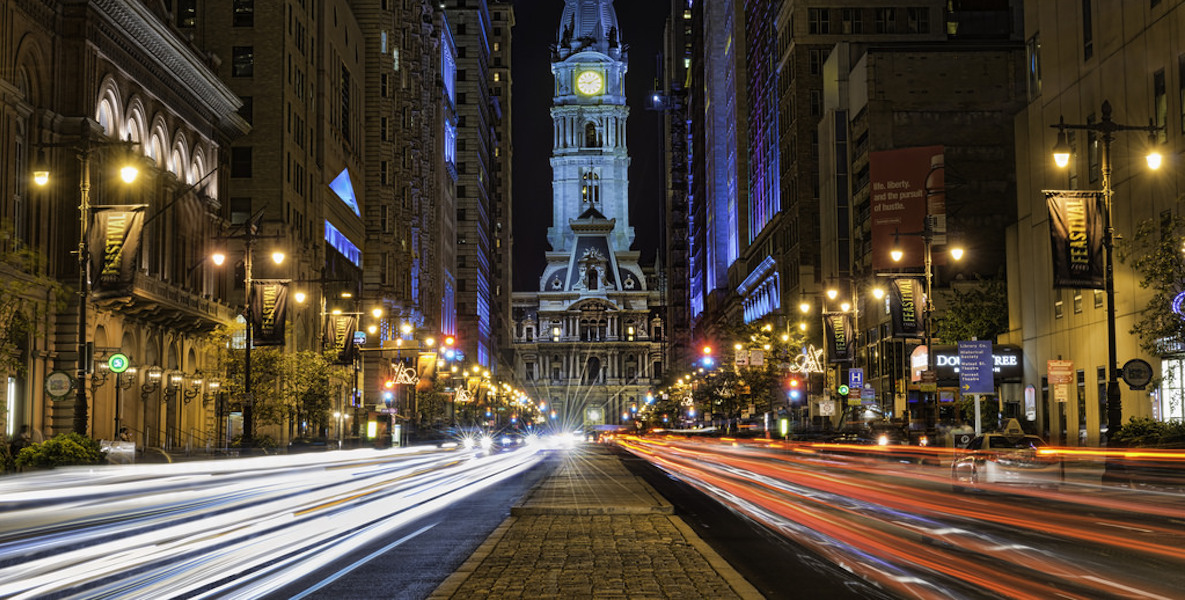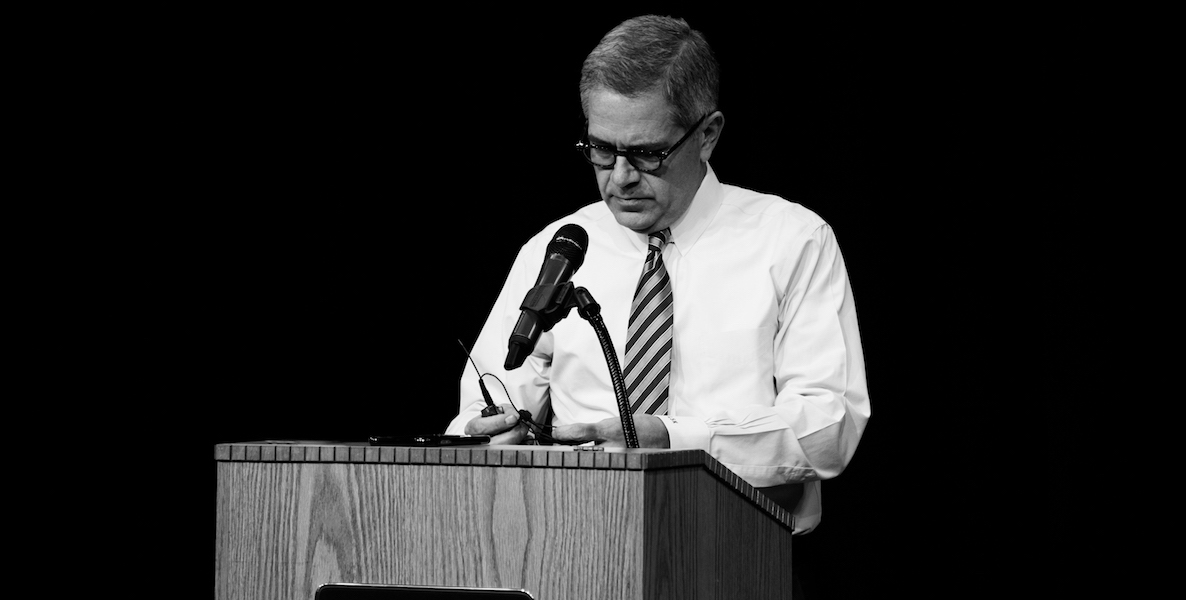What do Bhutanese refugees in South Philly, a Japanese investment bank, Drexel University and the Philadelphia Zoo have in common? In their own ways, they’re all champions for urban agriculture. And maybe, just maybe, our municipal government can bring them together.
As the planet’s exponentially growing human population surges toward cities while climate change wreaks havoc on conventional farming practices, the imperative to find new ways to grow and distribute food produce becomes increasingly urgent. From Guangzhou, China to Greenpoint, Brooklyn, communities and corporations alike are taking on the challenge.
Guangzhou is a case study in the frenzied phenomenon of global urbanization. Already a massive city of 9.62 million in 2010, its population is expected to reach more than 15 million by 2020. Spurred by the accelerating emptying of its surrounding rural regions and corresponding need to feed its growing population, researchers in Guangzhou recently undertook an experiment in urban hydroponic farming, a technique that virtually eliminates soil from agricultural processes. On a 1,600-square-foot city rooftop, the researchers installed and operated 14 hydroponic tanks, producing hundreds of pounds of vegetables annually. Not only do those hydroponic systems generate locally-grown food, they also create a profit potential of more than $6,000 per year, nearly double Guangzhou’s annual minimum wage.
The team behind Guanzhou’s rooftop hydroponics experiment made a couple of other interesting findings. They established that six out of the seven vegetable types they planted were significantly cheaper to grow than to purchase at a local grocery. The researchers also tested several of the greens and determined that compared to their store-bought counterparts, they contained a markedly lower concentration of arsenic, pesticides, lead and other harmful contaminants. For a city like Philadelphia, which faces both poverty-driven food insecurity and unhealthy levels of lead contamination in city soil, these discoveries are particularly relevant.
Ironically, what makes Philadelphia especially fertile ground for DIY urban farming is one of its least appealing traits: an embarrassing abundance of vacant and abandoned lots.
Meanwhile, on the other side of the globe in New York City, the green-thumbed entrepreneurs behind Gotham Greens have been growing lettuce in the sky for almost a decade. Having branched out to Chicago, Gotham Greens now boasts the most productive rooftop farm in the world, a 75,000 square foot operation atop a Windy City manufacturing plant that yields more than 10 million heads of lettuce and herbs each year. Gotham Greens may cater to a client base that is willing to pay a premium for the cachet of buying locally-grown, sustainable produce, but whether driven by personal aesthetics or personal economics, the increasing adoption of urban farming around the world is demonstrating its value in any number of ways.
![]()
And the financial sector has started to recognize that value. Though Gotham Greens struggled as an early market entrant to convince investors of rooftop farming’s money making potential, banks are now coming around in a big way to see the green in urban greens. As I’ve written previously, by way of just one example, the Japanese conglomerate SoftBank last year committed $200 million to an urban agtech start-up based in Silicon Valley.
Here in Philadelphia, urban agriculture is no newfangled fad, but a longstanding, if unsung, aspect of our municipal culture. The Citizen has chronicled some community-based urban farms, including the Refugee Urban Agricultural Initiative in South Philadelphia, run by the Nationalities Services Center, to give Bhutanese refugees a chance to grow fruits and vegetables from their homeland available at the local Acme; the Sankofa Community Garden at Bartram’s Garden, where mostly African American students help grow 15,000 pounds of produce per year, with a focus on the African diaspora; and the Philadelphia Orchard Project, turning vacant lots into urban forests open to the community.
As these examples suggest, the motivations behind urban farming in Philadelphia are numerous. For some, it’s a matter of preserving the traditions and familiar tastes of a far-away homeland. For others, a means of forging solidarity and self-sufficiency in underserved communities, and for others still, a way to find some connection with the natural environment within the city’s concrete jungle. Ironically, what makes Philadelphia especially fertile ground for DIY urban farming is one of its least appealing traits: an embarrassing abundance of vacant and abandoned lots.
When it comes to harnessing the potential of urban agriculture, Philadelphia may, for the first time in a long time, be ahead of the game.
By City Hall’s own estimate, there are some 40,000 vacant lots in Philadelphia. Enterprising community farmers deserve credit for taking the initiative to turn many of these fallow pockets of blight into something productive, but as it currently stands, their admirable efforts face considerable pitfalls. In the first place, some 74 percent of vacant lots in Philadelphia are privately-owned, which means that the farmers working that land have no legal right to do so, and could be ejected with little to no recourse. Second, and more worrisome, is the presence of lead and other dangerous contaminants in Philadelphia’s soil, which has the potential to render toxic the produce grown on these lots.
![]()
The good news, however, is that the City intends to do something about these issues. Mayor Kenney a couple weeks ago named Philly’s first urban agriculture director, Ashley Richards, a city planner who was co-chair of the City’s Food Policy Advisory Council’s Urban Agriculture subcommittee, and who will work under the auspices of Parks & Recreation. Richards’s work will connect to the City’s forthcoming Urban Agriculture Plan, which “will outline the current state of agriculture in Philadelphia, offer strategies for sustain existing efforts, and guide the City on how to improve and create new pathways for support and resources for the maintenance and expansion of urban agriculture projects in Philadelphia.” Crucially, the formation of the plan insists on “robust engagement with resident stakeholders, City agencies, and non-profit organizations involved in urban agriculture.”
![]()
This is an encouraging development for Philly. If smartly pursued, it has the potential to fuse a great opportunity for timely innovation with an infrastructure of support for the resourceful individuals and groups who’ve been planting, cultivating and harvesting not for profit but for physical and social sustenance. With the imprimatur of city government behind urban agriculture initiatives, the scale and scope of investment in this initiative expands significantly. It may not draw the attention and dollars of a SoftBank, but as the business case for urban agriculture grows more compelling, investors will be looking for new and lucrative destinations.
![]()
To make Philadelphia even more attractive to outside agtech investment, it would be wise to spotlight not only the neighborhood level activity on this front, but the established institutions that are demonstrating an interest in advancing urban farming. In April of this year, the Philadelphia Zoo opened its new “Urban Green” outdoor restaurant and market place. Among other amenities, the Urban Green features an 8-foot by 40-foot vertical farm operation whose produce will be used to feed some of the Zoo’s animals. And in University City, the Drexel Urban Growers are helping would-be urban farmers to get their hands dirty with instruction at the community garden of Drexel University’s Dornsife Center.
Of course, just as urban agriculture on its own is no panacea for the immense challenges of climate change and resource depletion (surprisingly, food transport accounts for only 4 percent of agricultural greenhouse gas emissions), efforts to infuse substantial agricultural investment into the city must take care not to undermine and bulldoze the small-time local entrepreneurs, activists and community groups that have been tending to Philadelphia’s soil without support or sanction for years. As I and others have suggested before, any incentives for private investors and corporate agtech interests must be tied to meaningful community benefits, such as binding promises to hire, train and pay living wages to a local workforce, to share output and other equity with community members, and to improve–not merely maintain—environmental conditions in the area.
When it comes to harnessing the potential of urban agriculture, Philadelphia may, for the first time in a long time, be ahead of the game. Thanks to the creativity, resourcefulness and collaboration of ordinary Philadelphians making the best of challenging circumstances, the conditions are ripe for our city to make big strides toward becoming its own breadbasket. A coordinated effort on the part of policy makers, institutions and investors and local stakeholders can make Philadelphia bloom, just as long as we don’t lose sight of our grass roots.
Photo via Flickr by Tony Fischer (CC BY 2.0)






